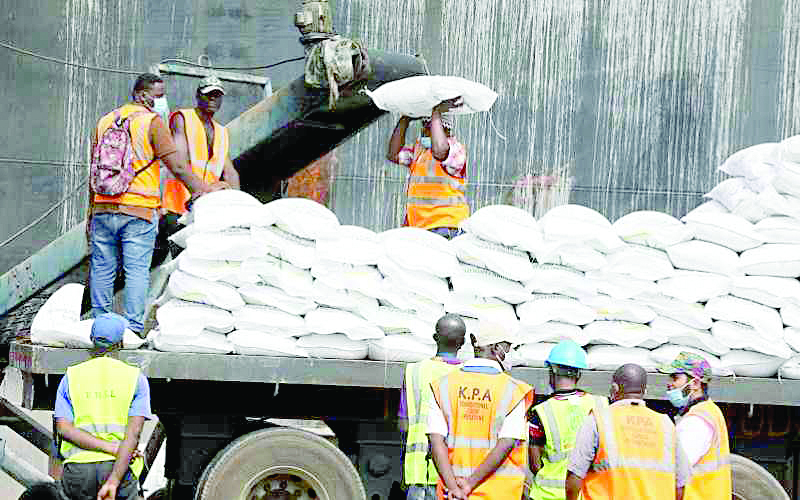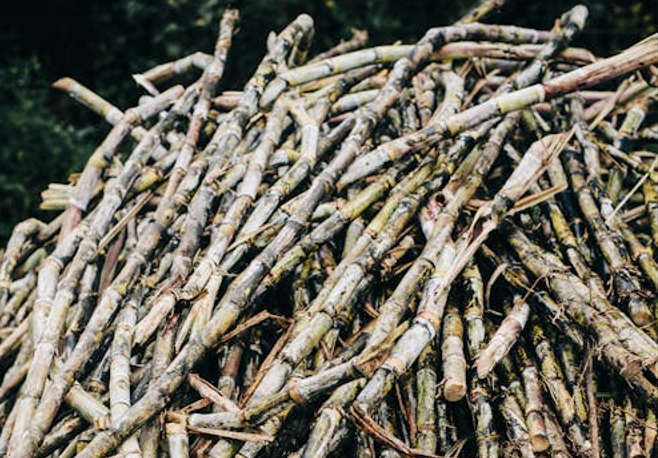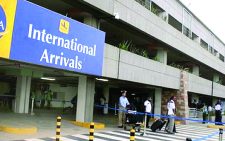Survey: Most farmers yet to receive subsidised fertiliser

More than 70 per cent of farmers are yet to benefit from government-subsidised fertilisers, a Central Bank of Kenya (CBK) survey reveals.
At the same time, a section of growers who declined to register to benefit from the government-sponsored fertiliser complains of a supply of low quality which if true might be a big setback to food production and soil fertility.
A CBK Agriculture Study of March states that only 29 per cent of farmers had received the subsidised fertilisers by early March compared to 20 per cent who received them in early November 2022.
“Farmers yet to receive the subsidised fertiliser cited a lag between the date of receipt of the notification and redemption of the voucher. Some of those not registered cited poor quality of the fertiliser, limited stocks, delayed delivery and lack of money,” the report adds.
In November 2022 the number of farmers who had not accessed the subsidised fertiliser stood at 80 per cent, decreased to 50 per cent in January 2023 and then increased to 71 per cent by early March.
The government launched distribution and sale of subsidised fertiliser at Sh3,500 for a 50kg bag immediately after assuming power in September 2022.
Food production
In order to benefit, farmers had to register with the government. In most counties, farmers are yet to receive the fertiliser almost three weeks after the onset of the ongoing long rains, a situation feared might affect food production.
Agriculture ministry has been carrying out awareness campaigns to educate farmers on the importance of registering in order to benefit from the subsidised fertiliser among other farm inputs.
Recently while inspecting the fertiliser in Narok, Bomet and Nakuru counties Agriculture Cabinet Secretary Mithika Linturi urged farmers across the country to register in the ongoing exercise so as to benefit from the government subsidised manure.
However, Linturi agreed that the process of issuance of the fertiliser has been facing challenges, for example, failure by his ministry to currently capture farmers’ details during the registration process which has resulted in many applicants not receiving messages to collect their subsidised fertiliser. “That anomaly has caused confusion in the ongoing exercise,” he said recently during a media interview in Eldoret.
However, the respondents indicated that the registration and distribution of the subsidised fertiliser had improved significantly since the notifications on the registration and availability of the subsidised fertiliser are sent via cell phones.
Access to the subsidised fertiliser is further expected to rise since the distribution is still ongoing. The report noted that despite the huge potential benefits associated with the optimal combination of farm inputs, access to farm inputs remains elusive to most farmers.
The sampled farmers cited high cost of seeds and fertiliser, lack of finances, limited knowledge of inputs, lack of extension officers and poor fertilizer seeds variety as the main challenges constraining access to farm inputs.
According to the CBK study, concerns about the effectiveness of some pesticides, fertilisers and seeds were raised by farmers who argued that in some instances they have received substandard inputs which leave them with huge losses at the end of the harvest season.
“To mitigate against this, some farmers resort to use of informal inputs such as charcoal dust to decrease acidity in soils. Respondents indicated that uptake of farm inputs could be revamped through improvement of the government’s agricultural input subsidy schemes such as the recent one on fertiliser,” stated the report.












